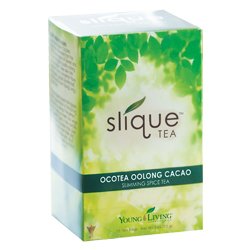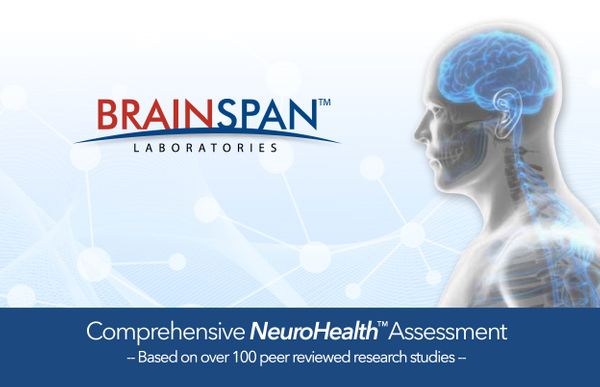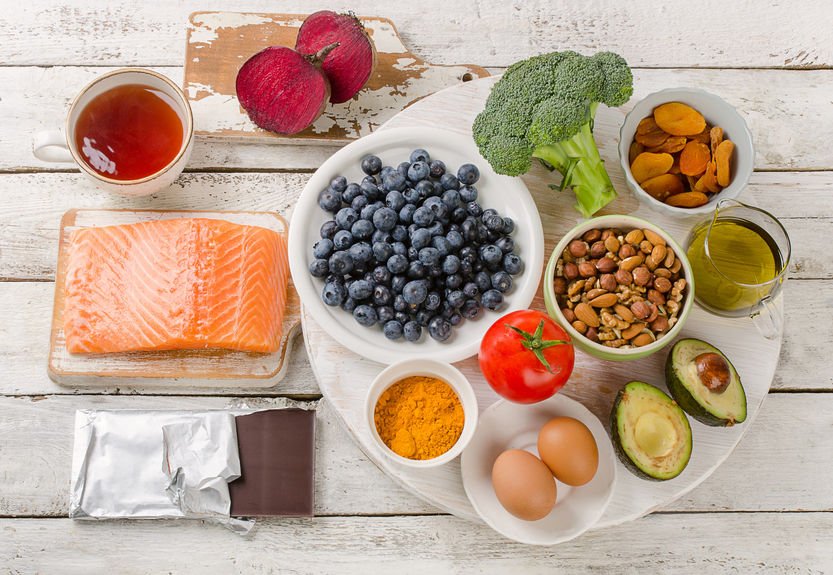Brain Boosting Superfoods – Turmeric and Tea
Did you know 43 million people will have dementia by 2030 and that number is expected to grow to 73 million people? Did you also know that Alzheimer’s is not hereditary and it is the disease people are most concerned about after cancer? When most people think about aging, dementia often comes to mind. What if you could pick up everyday items at the grocery store that would help keep your brain healthy?
Did you know there are eight superfoods specifically for your brain health?
In this article, we will explore two of them with more to come in future blogs. What are they? What are the benefits of each superfood and why do you need them? Let’s explore the superfoods that help combat Alzheimer’s and Dementia. The people of India have one of the lowest cases of Alzheimer’s and Dementia in the world and they use a lot of our first superfood, Turmeric. Turmeric is not only a superfood, but it may prevent or help reverse the signs of Alzheimer’s. The easiest way to use and absorb Turmeric is mixing it with black pepper when cooking or seasoning your meals. Turmeric’s orange color comes from curcumin which helps aging blood vessels increase blood flow to the brain. Turmeric is also believed to be a potent anti-inflammatory.
 It is important to get a very good source of turmeric and in the correct amounts.
It is important to get a very good source of turmeric and in the correct amounts.
I can tell you that the processing of turmeric is becoming tainted as with all manufacturing processes that look for a “score” for sales in the open market. The blend of the entire turmeric root must be sourced properly to maintain its life force. You can’t isolate the curcumin. And that is what is happening now in the industry. Nutraceutical manufacturers are isolating the curcumin to develop a marketing scheme to say it is more “potent”. Really? More potent than in its natural form working in conjunction with the rest of the parts of the root that actually causes the plant to grow and repopulate itself year after year? Now, how much sense does that make? This is why you have to know that all the parts of the root that make it so powerful are still intact by the time you get them in your supplement or spice. So the bottom line, in order to get the full benefit of healing plant chemicals, your supplement must contain the whole plant material, grown organically, harvested at peak nutritional richness, and processed without heat or chemicals to maintain the life force of the plants as only nature can provide. When done this way, all nutrients are 100% naturally synergistic-they naturally support or enhance each other for maximum healing. And this is super critical for turmeric/curcumin.
My source for Turmeric is from MediHerb (Standard Process) because I know it has curcumin your body can actually use and process. They process the root correctly, but, it is only available to healthcare professionals. However, if you want to know if this suggestion is right for you, please ask our office for access to our online health assessment where you will receive a free report identifying the best supplement recommendation for you. We will then work with you through our Patient Direct Program to allow you the convenience to order this high-quality product and others as needed to complete a well-rounded nutritional protocol unique to you.
Can you get all this from the spices in the store and use them while cooking?
Only if you know that the same keys above were used to harvest what you are buying for your spice rack. And then, of course, you have to make sure the amount you are getting is the recommended dosage which may be difficult to put all in your favorite dish and still get the flavor you are desiring. And how do you know if what you are taking is enough or is working for you? We have a great brain cell assessment tool that actually will measure aspects of cell health that will be a good indicator if what you are doing is actually working to address your health. These tests can be performed in our office or long distance so please check out more details to determine if your steps toward health are actually working.
Another warrior in the fight against Alzheimer’s and Dementia is Tea.
There are four types of tea: black, oolong, white and green. If you are looking for the highest level of antioxidants, lowest levels of caffeine and least processed, try the white and green teas. Tea drinkers tend to have a lower rate of Alzheimer’s Disease. Try to keep your tea as pure as possible and go easy on the honey and lemon so you can enjoy all the health benefits of the tea. Drink hot tea over cold tea because you reap what you steep. Warmer drinks are also really good for digestion and absorption. You may not know this, but it is also important to steep at the proper temperature to get the best benefit. It really does taste better too!
- Green tea 175 degrees
- White tea 180 degrees
- Oolong tea 190 degrees
- Black tea 212 degrees
As with Turmeric, sourcing and proper harvesting of the tea leaves is very important to get the proper  nutrients to uptake into the body. I recommend the following tea called Slique that not only has oolong tea, but also frankincense in it which is also a very good anti-inflammatory. It also tastes really good with properties to address satisfying your hunger as well. So this is two powerful healing traits in one.
nutrients to uptake into the body. I recommend the following tea called Slique that not only has oolong tea, but also frankincense in it which is also a very good anti-inflammatory. It also tastes really good with properties to address satisfying your hunger as well. So this is two powerful healing traits in one.
So there you have the first two brain boosting superfoods that will help fight off Alzheimer’s and Dementia: Tea and Turmeric. No prescriptions and no need for specialty stores. Two items you can incorporate immediately that will give you a lifetime of benefits provided they are sourced properly.
 I strongly encourage you to contact our office to get your baseline brain cell assessment to identify your age-related cell degeneration and cognitive decline.
I strongly encourage you to contact our office to get your baseline brain cell assessment to identify your age-related cell degeneration and cognitive decline.
This assessment will help you determine if what you are currently doing is moving you in a positive direction. By the way, this is not just about getting Dementia or Alzheimer’s. This is measuring your cell health as it may also relate to: Attention and Behavior, Memory, Weight-Loss, Chronic Pain, Performance, Concussion resiliency (Stroke too) and Pregnancy. Learn more by watching this video.

